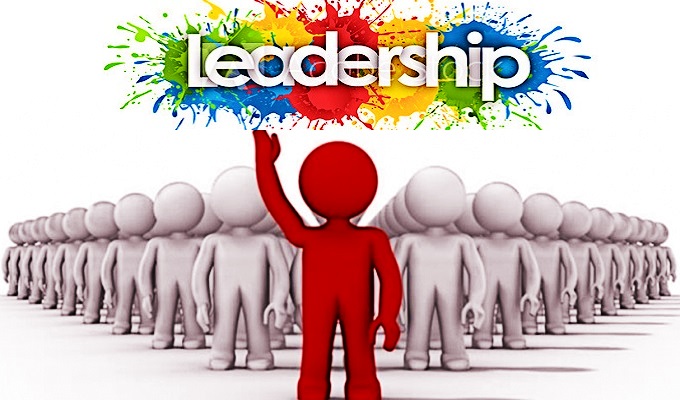|

Leadership is one of the most general topics today as everyone seeks to become a leader someday. But do we understand the meaning of leadership? There is much more to it than ruling a bunch of people or the whole community. It has never been easy for great leaders to run a big empire. It requires loads of hard work, determination, and confidence to guide a group of people or an organization. From Subhash Chandra Bose to Obama, Big leaders have unique leadership tactics that gave them the title of "extraordinary ." Today, we will discuss three main types of Leadership styles that have been experimented with and proved effective.
Democratic:
One of the most favored types of leadership styles is Democracy. As the name suggests, Democracy believes in equal rights for each individual of a community. This type of leadership has its principles based on freedom. That means the people under democratic leadership have the right to live on their terms. Moreover, the Democratic type of leadership provides power to the common people to choose their leader. As this type of leadership provides power to their people, people get a fair chance to choose their leader. This gives the common people a sense of authority and feels empowerment. Giving voice to the people is one of the best leadership tactics followed by several great leaders of the century. The main aim of this leadership is to give voice to the public. They are free to choose their leader and give their opinion with a free mind. Many great countries, like the United States, Japan, Israel, etc., practice democracy and are one of the most powerful countries in the world.
Aristocratic:
Before Democracy overtook, aristocratic leadership was widespread all over the world. Aristocracy was commonly practiced for thousands of years. In this type of leadership, a certain ruler or leader decides what will happen to their people. Moreover, the leader is not obliged to seek help from the common people. A group of cabinet members is allowed to give the leader advice. However, he doesn't need to follow that advice. In other words, the common people's life falls in this particular person's hands. Neither people can object to what their leaders are doing, nor are they free to give their opinion. They are expected to follow what their leaders expect them to.
Bureaucratic:
Bureaucracy is a unique type of leadership. The rules and regulations are the main sources of this type of leadership. Everything that goes by the books or law is considered correct in this leadership. Leaders and common people tend to follow their set of rules. However, bureaucratic leaders listen to their people and make reforms as long as their principles are not coming in the way. This type of leadership can be adapted to a very disciplined environment where people are expected to follow the rules. This leadership style can be seen in MNCs or big organizations where employees are expected to follow the company's invented policies. A policy breach is taken very seriously in such a disciplined environment.
|